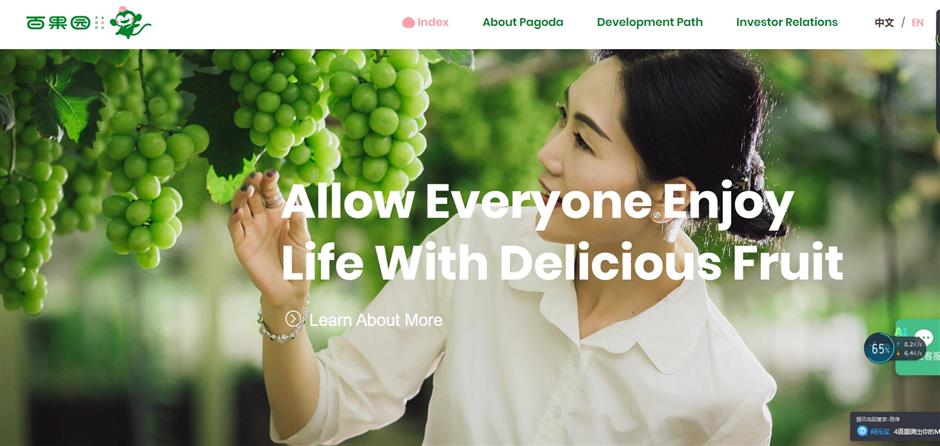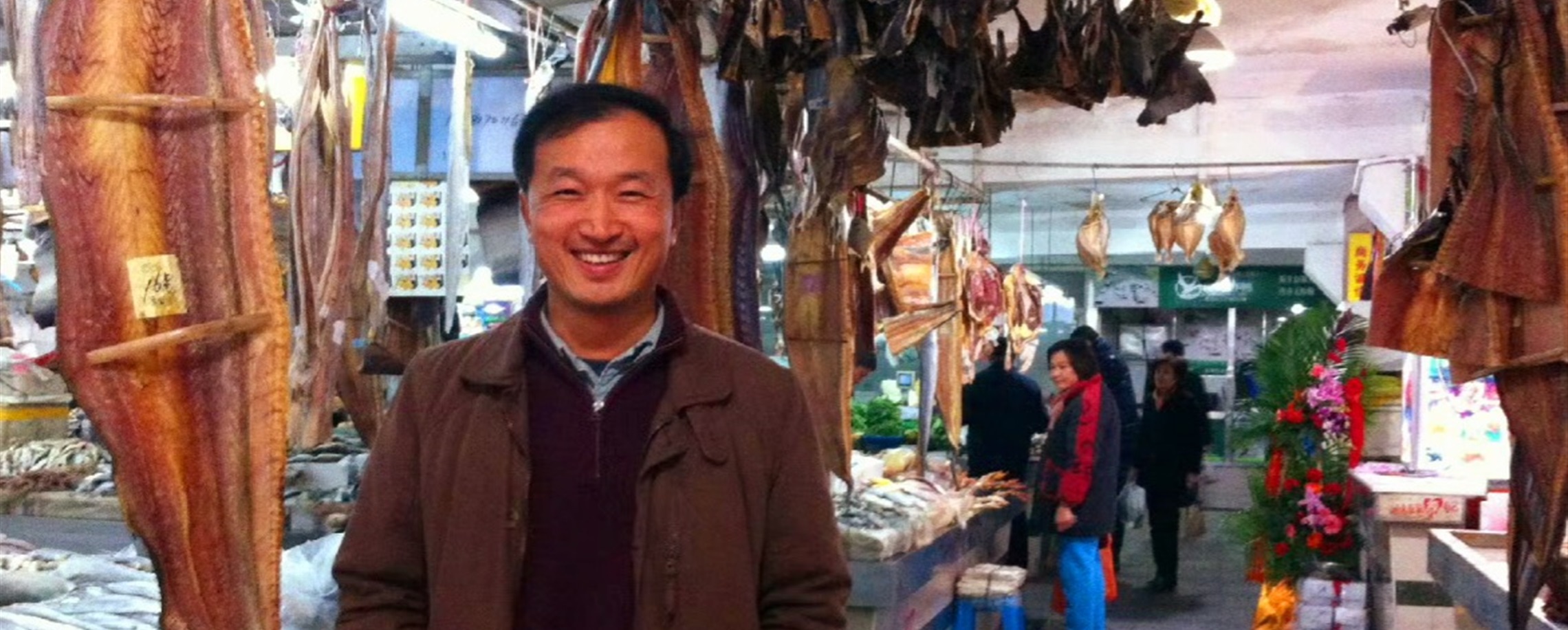Pagoda sells a lemon in trying to 'educate' consumers on the value of pricier fruit
When Shenzhen Pagoda Industrial Corp, the first fruit retailer listed on the Hong Kong stock exchange, went online last week to "educate" consumers to adopt more "mature" thinking in their attitude toward pricing, the strategy backfired.
Instead of becoming more mature, netizens became angry.
The online "education" entailed a video released last Friday, in which company founder and chairman Yu Huiyong explained his theories on how to get along with consumers, saying "ignorant" customers may fail to appreciate Pagoda's claim of low-priced fruit.
"There are two types of business models," he told netizens. "The first is to take advantage of consumers' lack of knowledge, and the second is to educate consumers to become mature. We will not cater to those if they don't understand things like low prices."
His gambit proved an immediate education in how perceived arrogance can deteriorate consumer relationships overnight and sour investor attitudes.

On Monday, Pagoda's shares dived 8 percent at the open, though they did recover to post only a 0.6 percent loss for the day. The stock has tumbled about 25 percent from its high for the year in July and ended Wednesday with a decrease of 1.69 percent while a wave of consumer condemnation continued.
Among the online rebukes are: "Your 'education' is really fruitful!" "Fruits sold by Pagoda have prices not on par with quality" and "Don't be fooled by Pagoda."
Yu hasn't responded thus far to the criticism. A Pagoda communication staffer on Tuesday said the video is "misleading" but didn't elaborate.
Born in the southeastern province of Jiangxi and graduating from Jiangxi Agricultural University, Yu, 57, established Pagoda in the southern city of Shenzhen in 2001, creating a franchise chain integrating fruit procurement, logistics and storage, retailing and financial support.
When the company listed on the Hong Kong stock exchange in 2023, it was operating some 6,000 stores in over 170 Chinese cities, with a target to increase outlets to more than 10,000 shops.
But that lofty goal began deteriorating after Pagoda reported a 2024 loss of 391 million yuan (US$54.5 million) on a 10 percent drop in revenue. Its store numbers fell by 966 to 5,127.
The company had forewarned of the loss, attributing the downturn to weak domestic consumption, relocation of franchise shops to lower-rent venues and the cost of marketing efforts to raise awareness of high-quality brand recognition.
Pagoda's business slogan is: "Everyone should enjoy life with delicious fruit." What it doesn't say is that "delicious" fruit comes at a price. Its shops sell, for example, four imported plums for about 50 yuan and charge 80 yuan a kilo for lychees – prices about double those of other fruit vendors.
If the video has somehow misconstrued Yu's business philosophy, he should clarify his comments as soon as possible to try to repair the company's tarnished reputation. Until then, consumers may be giving him an education how not to treat them.

In Case You Missed It...








